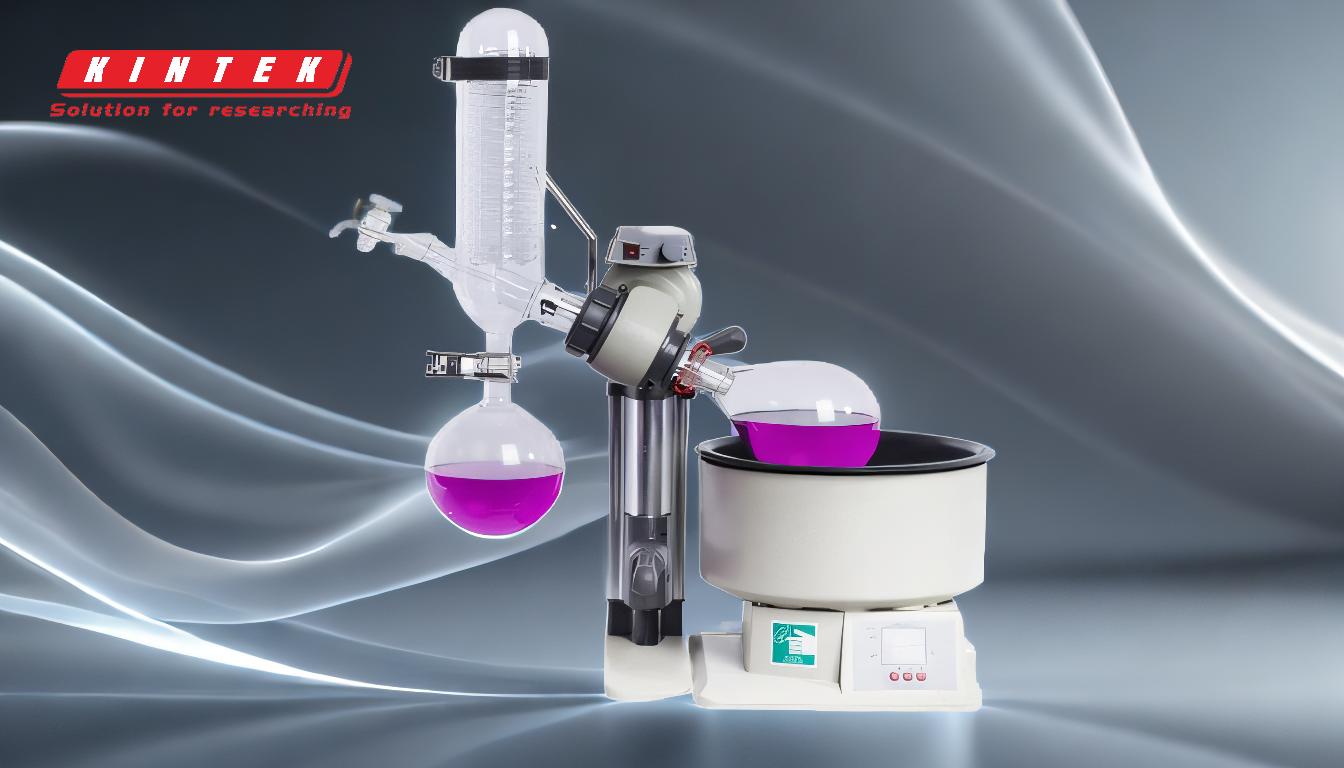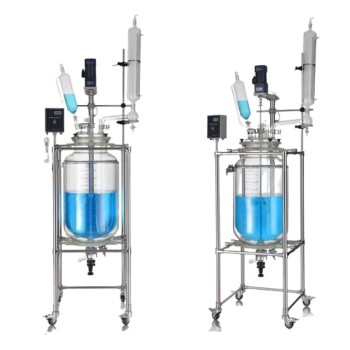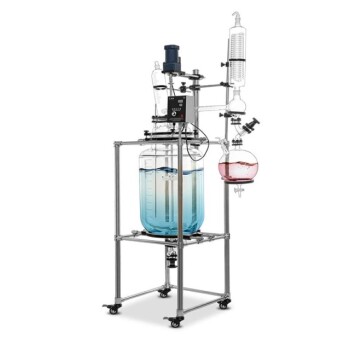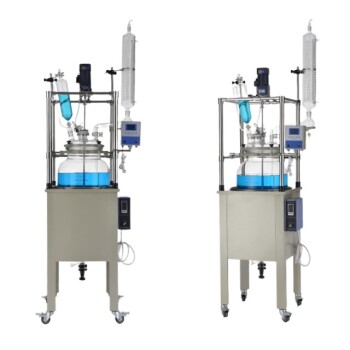The speed of a rotary evaporator, specifically the rotation speed of the flask, typically ranges from 0 to 220 rpm, as controlled by a monitor. This range ensures efficient evaporation by maximizing the surface area of the liquid exposed to the vacuum and heat, while also providing high contact torque. For benchtop-scale rotary evaporators, a speed of 250–280 rpm is recommended to achieve maximum turbulence, which enhances the evaporation process. The rotation speed is a critical parameter that influences the efficiency of solvent removal and the overall performance of the rotary evaporator.
Key Points Explained:

-
Typical Rotation Speed Range:
- The standard rotation speed for a rotary evaporator flask ranges from 0 to 220 rpm. This range is controlled using a monitor to ensure precise adjustment.
- This speed range is designed to optimize the evaporation process by increasing the surface area of the liquid mixture exposed to the vacuum and heat, thereby improving efficiency.
-
Recommended Speed for Maximum Turbulence:
- For benchtop-scale rotary evaporators, a rotation speed of 250–280 rpm is recommended. This higher speed creates maximum turbulence in the liquid, which enhances the evaporation rate.
- Turbulence ensures better mixing and heat transfer, which is particularly useful for volatile solvents or when faster evaporation is required.
-
Role of Rotation Speed in Evaporation:
- The rotation speed directly impacts the evaporation efficiency by increasing the surface area of the liquid. Faster rotation spreads the liquid into a thin film, which accelerates evaporation.
- It also ensures high contact torque, which is essential for maintaining consistent rotation under vacuum conditions.
-
Components Affecting Rotation Speed:
- The rotating flask is the primary component affected by the rotation speed. It is designed to handle the mechanical stress of rotation while maintaining a seal under vacuum.
- The monitor allows users to adjust the speed precisely, ensuring optimal performance for different solvents and mixtures.
-
Applications and Importance of Rotation Speed:
- Rotary evaporators are used for processes like evaporation, concentration, drying, crystallization, and solvent recovery. The rotation speed is critical in these applications to ensure efficient separation of solvents.
- For example, in the extraction of CBD oil, the rotation speed helps separate ethanol from the oil, improving purity. Similarly, in fruit juice concentration, it aids in removing water efficiently.
-
Factors Influencing Speed Selection:
- The choice of rotation speed depends on the viscosity of the liquid, the volatility of the solvent, and the desired evaporation rate.
- Higher speeds are suitable for low-viscosity liquids and volatile solvents, while lower speeds may be preferred for viscous or heat-sensitive materials.
-
Safety and Performance Considerations:
- Operating at excessively high speeds can lead to mechanical stress on the flask and potential leakage under vacuum. Therefore, it is important to stay within the recommended range.
- Proper calibration of the rotation speed ensures consistent performance and extends the lifespan of the equipment.
By understanding the role of rotation speed in a rotary evaporator, users can optimize their processes for better efficiency, safety, and results. Whether working with volatile solvents or concentrating liquids, selecting the appropriate speed is key to achieving desired outcomes.
Summary Table:
| Parameter | Details |
|---|---|
| Typical Rotation Speed | 0–220 rpm, controlled by a monitor for precise adjustment. |
| Benchtop-Scale Speed | 250–280 rpm for maximum turbulence and enhanced evaporation. |
| Key Role of Speed | Increases liquid surface area, ensures high contact torque, and improves efficiency. |
| Applications | Evaporation, concentration, drying, crystallization, and solvent recovery. |
| Factors Affecting Speed | Viscosity, solvent volatility, and desired evaporation rate. |
| Safety Considerations | Avoid excessive speeds to prevent mechanical stress and leakage. |
Optimize your rotary evaporator's performance—contact our experts today for personalized guidance!













